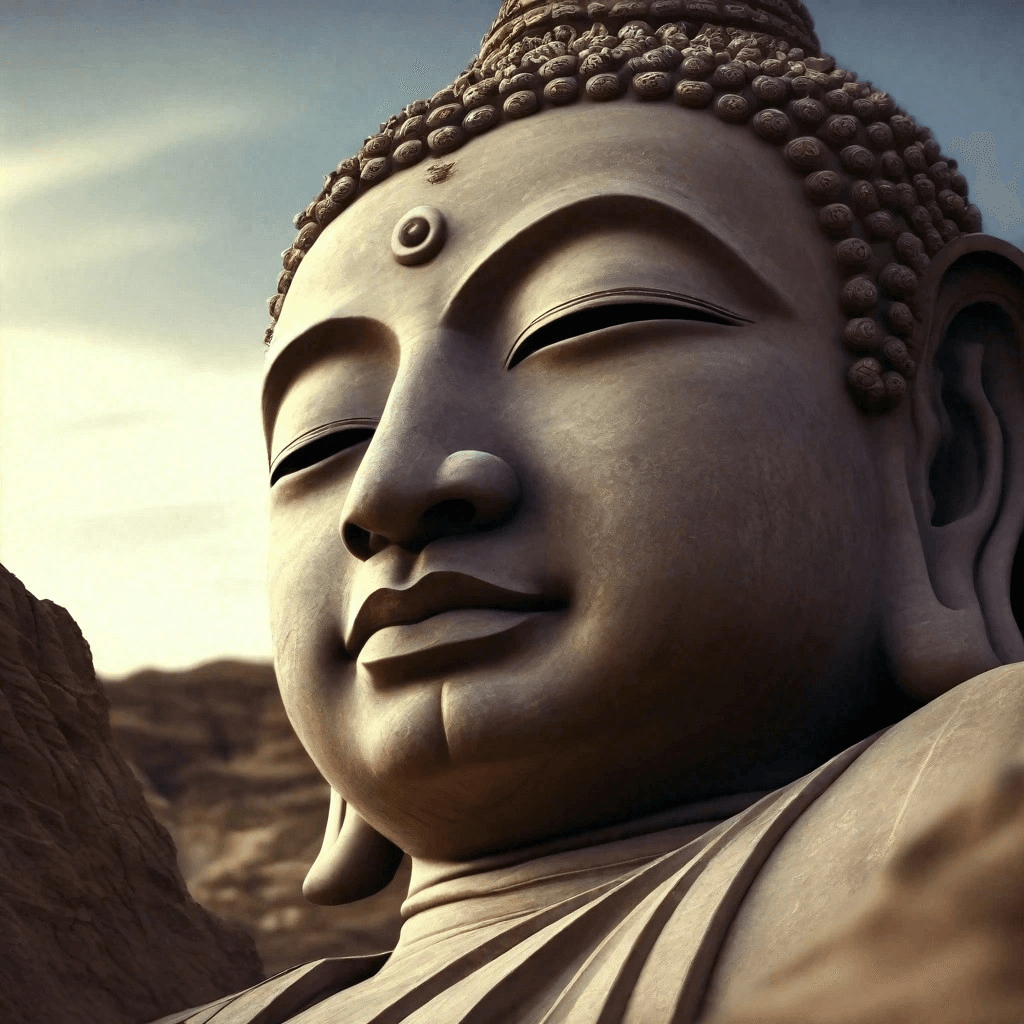
45.How to Build a Yoga and Meditation Routine That Works for You
How to Build a Yoga and Meditation Routine That Works for You
Creating a personalized yoga and meditation routine can be a transformative practice for your physical, mental, and emotional well-being. A routine that suits your individual needs and lifestyle will ensure consistency and maximize benefits. Here’s a step-by-step guide to help you build a yoga and meditation routine that works for you.
1. Set Clear Goals
Identify Your Objectives:
– Physical Goals: Improve flexibility, strength, balance, or relieve pain.
– Mental Goals: Reduce stress, enhance focus, promote relaxation.
– Emotional Goals: Increase emotional stability, foster mindfulness, cultivate self-awareness.
Define Your Motivation:
– Why You Practice: Understanding your core motivation will help you stay committed. Whether it’s for health, stress relief, or personal growth, knowing your “why” will guide your practice.
2. Assess Your Schedule
Evaluate Your Daily Routine:
– Find Time Slots: Identify times in your day when you can consistently practice yoga and meditation without interruptions.
– Morning or Evening: Decide if you’re more likely to stick to a routine in the morning or evening based on your lifestyle and energy levels.
Commitment Time:
– Start Small: Begin with manageable time commitments (e.g., 15-30 minutes) and gradually increase as you become more comfortable.
– Consistency Over Duration: It’s better to practice a little every day than to have long but infrequent sessions.
3. Create a Comfortable Space
Designate a Practice Area:
– Quiet and Clean: Choose a quiet, clean space where you feel comfortable and won’t be disturbed.
– Minimalist: Keep the space free from clutter to promote a sense of calm.
Gather Necessary Props:
– Yoga Mat: A good-quality yoga mat provides cushioning and grip.
– Props: Blocks, straps, bolsters, and blankets can aid in various poses and meditations.
– Ambiance: Consider adding candles, incense, or soft lighting to create a soothing atmosphere.
4. Choose Your Yoga Style
Explore Different Styles:
– Hatha: Focuses on basic postures and breath control, suitable for beginners.
– Vinyasa: A dynamic flow linking breath with movement, ideal for those who enjoy a faster pace.
– Yin: Slow-paced with poses held for longer periods, great for deep stretching and relaxation.
– Restorative: Gentle poses supported by props to relax and restore the body.
Match Your Goals:
– Energy Levels: Choose styles that match your energy levels (e.g., Vinyasa for more energy, Yin for relaxation).
– Body Needs: Consider any physical limitations or areas needing extra attention.
5. Develop a Balanced Routine
Warm-Up:
– Gentle Stretches: Begin with gentle stretches to prepare your body for more intense poses.
Yoga Practice:
– Asanas: Incorporate a variety of poses that target different muscle groups and aspects of fitness.
– Sequence: Start with simpler poses and gradually move to more challenging ones, ending with relaxing postures.
Meditation:
– Breath Focus: Spend a few minutes focusing on your breath to calm the mind.
– Guided Meditation: Use apps or recordings if you prefer guided sessions.
– Silent Meditation: Sit in silence, observing your thoughts without judgment.
Cool Down:
– Relaxing Poses: End with poses that promote relaxation, such as Child’s Pose or Savasana (Corpse Pose).
6. Incorporate Mindfulness
Stay Present:
– Mindful Movement: Focus on your breath and body sensations during yoga.
– Awareness: Maintain awareness of your thoughts and emotions during meditation.
Non-Judgment:
– Acceptance: Practice self-acceptance and avoid judging your progress or abilities.
– Patience: Be patient with yourself as you build and adjust your routine.
7. Track Your Progress
Journaling:
– Record Sessions: Keep a journal of your practice, noting the duration, poses, and any observations.
– Reflect: Reflect on your physical and mental state before and after each session.
Set Milestones:
– Short-Term Goals: Set achievable short-term goals (e.g., practice for 15 minutes daily for a week).
– Long-Term Goals: Establish long-term goals (e.g., master a challenging pose, meditate for 30 minutes).
8. Adjust and Adapt
Listen to Your Body:
– Modify Poses: Adjust poses as needed to accommodate your body’s needs and limitations.
– Rest: Take breaks or rest days if you feel fatigued or sore.
Stay Flexible:
– Routine Changes: Be willing to modify your routine based on changing needs, schedules, or goals.
– Experiment: Try new styles or techniques to keep your practice interesting and engaging.
9. Seek Guidance
Online Resources:
– Videos and Apps: Utilize online yoga and meditation classes, apps, and tutorials for guidance and variety.
Instructors:
– Classes: Attend local or online classes with certified instructors to refine your technique and learn new practices.
– Workshops: Participate in workshops or retreats for deeper immersion and learning.
10. Cultivate a Supportive Environment
Community:
– Join Groups: Connect with yoga and meditation communities, both online and offline, for support and motivation.
– Share Experiences: Share your journey with friends or family members who practice yoga and meditation.
Encouragement:
– Positive Reinforcement: Celebrate your progress and small victories to stay motivated.
– Accountability: Find a practice buddy to help keep you accountable and consistent.
Conclusion
Building a yoga and meditation routine that works for you involves setting clear goals, assessing your schedule, creating a conducive environment, choosing appropriate styles, and maintaining mindfulness. By tracking your progress, adjusting as needed, seeking guidance, and cultivating a supportive environment, you can create a sustainable and fulfilling practice that enhances your overall well-being.



